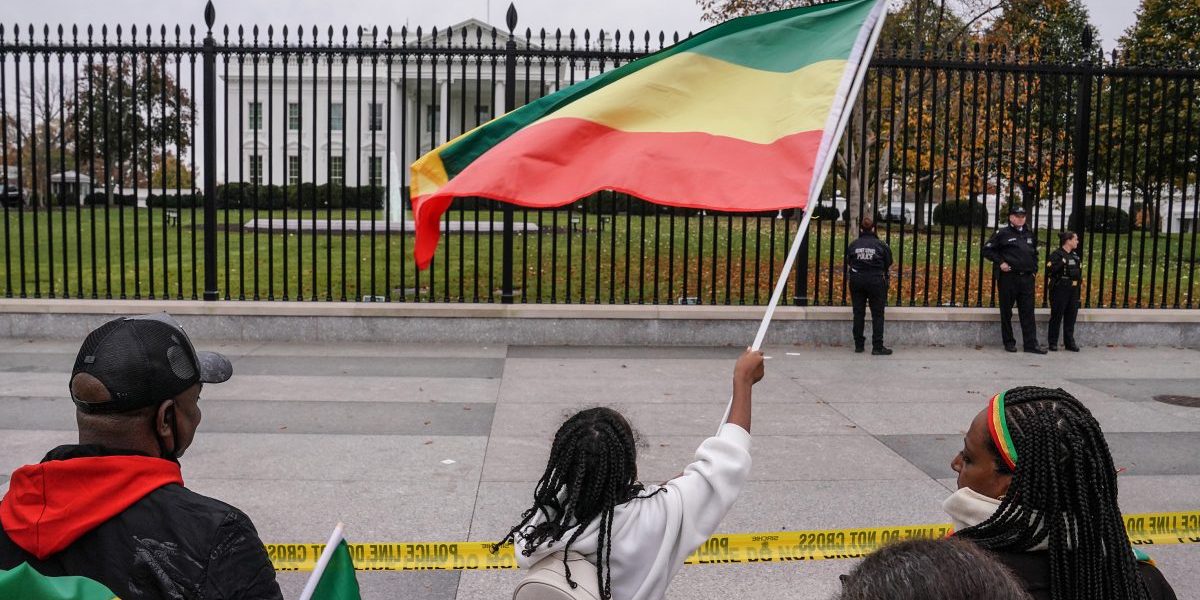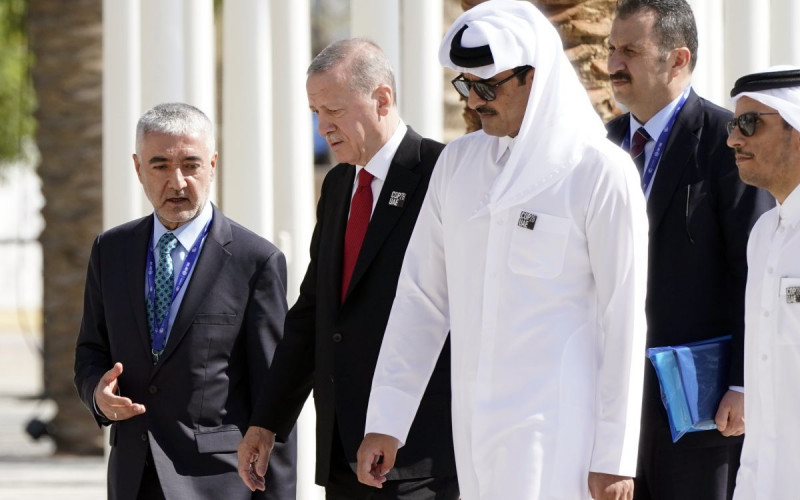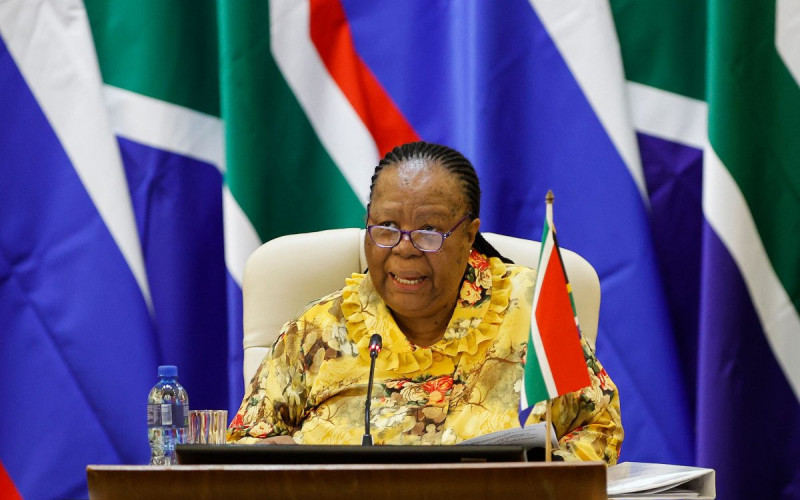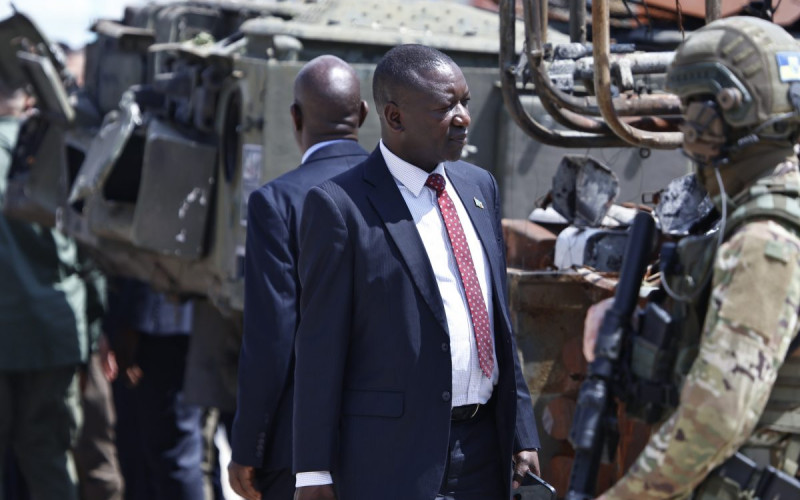Introduction: Past as Prologue
In a global landscape increasingly marred by division and geopolitical rivalries and epitomised by the ongoing conflict in Ukraine, non-alignment has re-emerged as a foreign policy position for many countries in the developing world, especially in Africa. Entangled in intricate diplomatic webs with powerful actors from the Global North and South, Africa needs to manage a precarious balance.1For the purposes of this article, the term “Global South” refers to a heterogeneous collection of developing nations primarily from Africa, Asia, and Latin America. Although the concept has gained prominence in academic and policy circles, its scope is sometimes criticised for being conceptually opaque due to the inclusion of countries with varied economic sizes and political influence. Nonetheless, the term serves to group together nations that perceive the current world order as discriminatory against them, even if there is no uniform agreement on the specific changes needed. Non-alignment is a pragmatic option to maintain their autonomy, protect their interests, and uphold stability.
The focus on non-alignment in Africa is not an isolated or new phenomenon. It has been a feature of some countries’ foreign policies during and after the Cold War. However, in the latter case, non-alignment was initially less of an issue, given that the current rivalries and tensions between the West,2While the term West masks many differences among the countries that make it up, we use it here to refer to the dominant global grouping that has defined the international system to date. Russia, and China had not yet surfaced.
In the XXI century, Africa saw a resurgence of external interest from new players. The most significant of those players was China, but others included Türkiye, India, the United Arab Emirates, and South Korea. This meant more economic, political and diplomatic options for African states, enabling them to balance the influence and power of the West.
However, already in the 2000s, tensions were emerging: China’s outreach to Africa, its growing bilateral trade, the substantial infrastructure built that became a prominent feature of its economic footprint on the continent, as well as the high-level political interactions, were raising concerns in Western circles about their possible loss of influence.
Western attempts to characterise Chinese actions on the continent as a second scramble for Africa, while regarding their own actions as driven by more benign sentiments, were not welcomed by many African elites or civil society actors. In addition, Russia’s growing interest in Africa in the 2010s, especially after the annexation of Crimea in 2014, elicited similar responses – and even sharper concerns, as its involvement was defined by its military and security engagements with elites, with very little focus on economic development.
The full version of this article appeared in the report “Is Africa Turning Against the West?” published by ISPI. It is available here.







